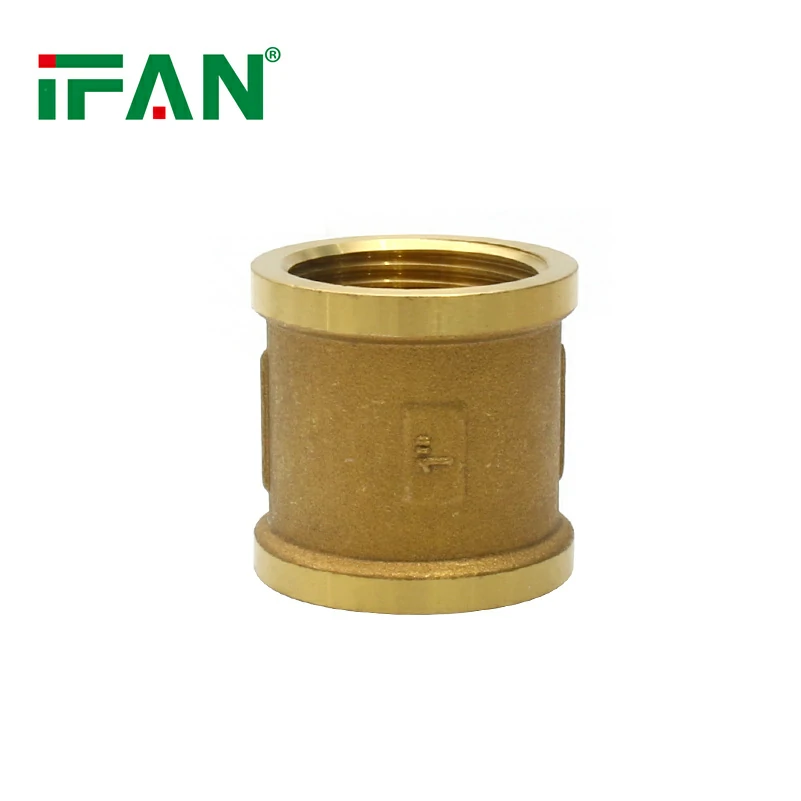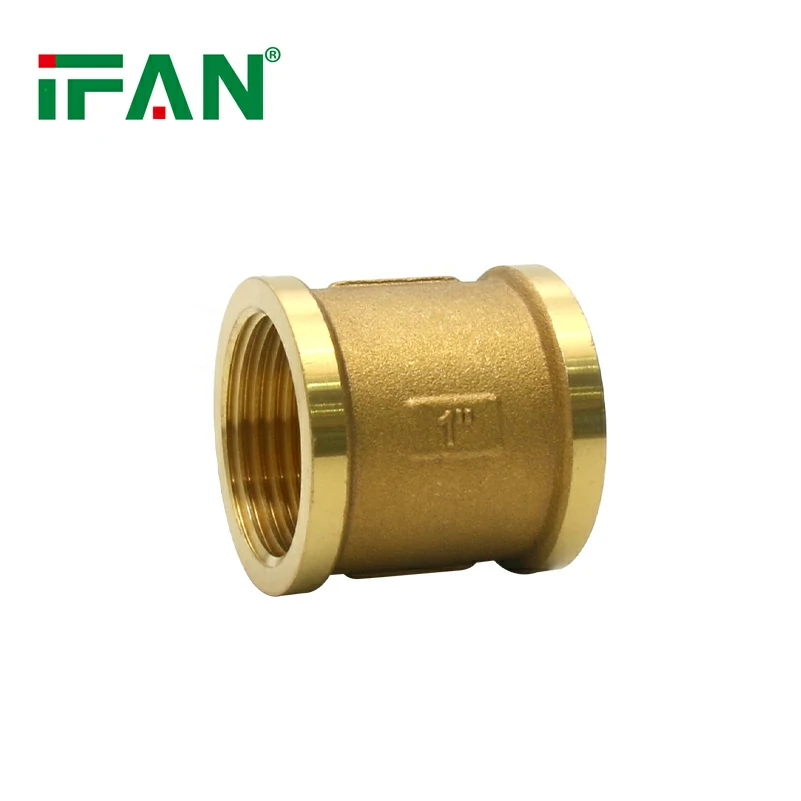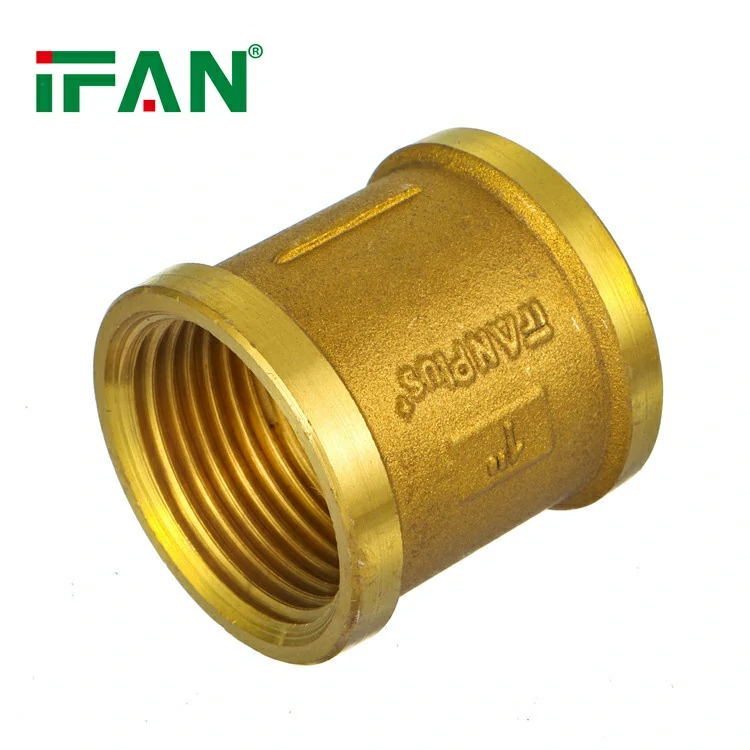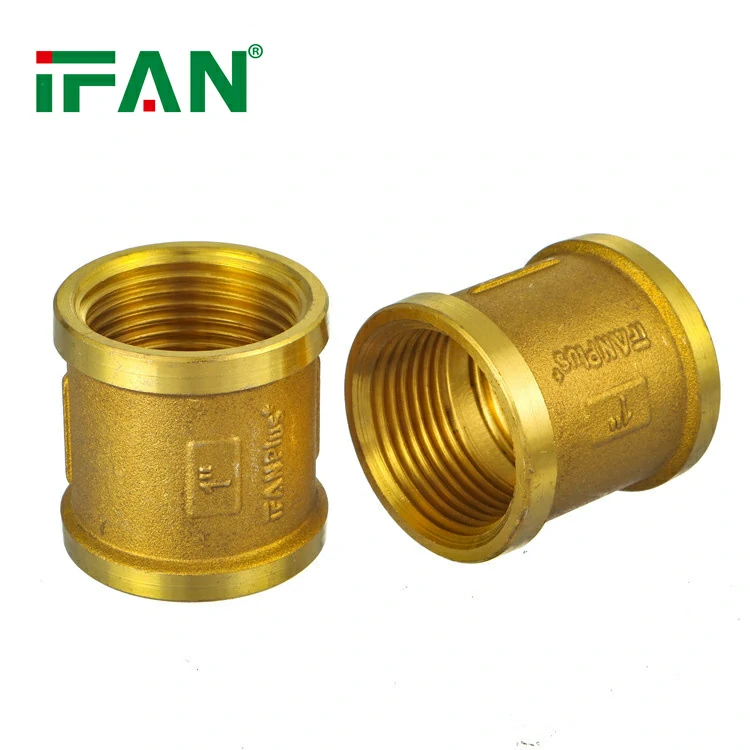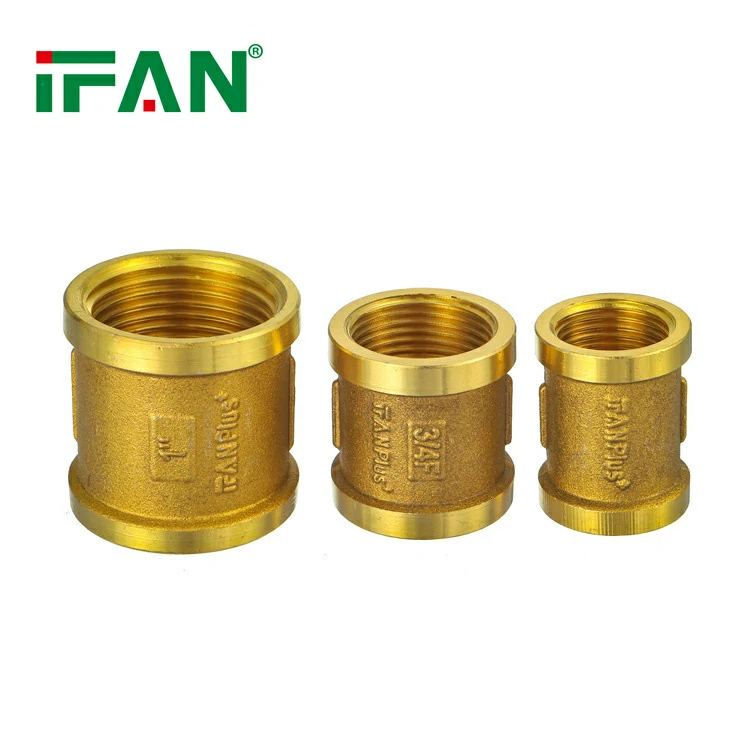Category Brass Fittings
Tags Brass Adaptor, Brass Adaptors, brass fitting, Brass Fittings, Brass socket, Brass sockets
Related products
Prodcuts Description
Products Image
Products Charts
Reviews
Prodcuts Description
Understanding Brass Adaptors
Brass adaptors are versatile tools used in plumbing, automotive, and industrial applications. These adaptors allow the connection of different components with varying sizes or thread types. Knowing how to choose the right brass adaptor is crucial. When selecting an adaptor, consider the specific requirements of your project, including pressure ratings, thread compatibility, and environmental conditions. For instance, if you’re working with water pipes, choose an adaptor designed for potable water use. Always ensure the adaptor’s threads match the components you are connecting to avoid leaks.Selecting the Right Size
Choosing the correct size of a brass adaptor is essential for a secure connection. Measure the diameter of the pipes or fittings you intend to join. If you’re unsure, use a caliper or thread gauge to measure the threads accurately. Incorrect sizing can lead to a poor fit, resulting in leaks or even damage to your system. Moreover, always double-check the manufacturer’s specifications to ensure compatibility. For example, a 1/2-inch pipe requires a 1/2-inch adaptor, but thread types may differ.Ensuring Proper Installation
Installing a brass adaptor correctly involves a few critical steps. First, clean the threads on both the adaptor and the component you’re connecting. Dirt or debris can cause poor sealing. Next, apply thread sealant or plumber’s tape to the threads. This helps prevent leaks and ensures a tight fit. Finally, screw the adaptor into place, ensuring it’s snug but not over-tightened. Over-tightening can strip the threads or crack the adaptor. Always use the appropriate tools, such as a wrench, to avoid damaging the adaptor.Using Brass Adaptors in High-Pressure Systems
Brass adaptors are commonly used in high-pressure systems due to their durability. However, it’s vital to ensure that the adaptor can handle the pressure of your system. Check the pressure rating of the adaptor before installation. For example, if your system operates at 100 PSI, use an adaptor rated for at least 150 PSI to provide a safety margin. Additionally, regularly inspect the adaptor for signs of wear or damage, such as cracks or corrosion, especially in high-pressure environments.Preventing Corrosion
Brass adaptors are resistant to corrosion, but certain conditions can cause them to degrade over time. To prevent corrosion, avoid exposing the adaptor to harsh chemicals or extreme temperatures. For example, in a marine environment, consider using an adaptor with a protective coating. Regular maintenance, such as cleaning the adaptor and checking for signs of corrosion, can extend its lifespan. If you notice any greenish deposits, clean them off immediately to prevent further damage.Adapting to Different Thread Types
Brass adaptors are available in various thread types, such as NPT (National Pipe Thread) and BSP (British Standard Pipe). It’s crucial to match the thread type of the adaptor to the components you are connecting. Mixing thread types can cause leaks and damage. For instance, if your pipe has NPT threads, ensure the adaptor also has NPT threads. If you need to connect different thread types, use a thread adaptor specifically designed for that purpose.Troubleshooting Common Issues
Even with proper installation, issues can arise when using brass adaptors. Common problems include leaks, cross-threading, and cracks. To troubleshoot leaks, first, check the sealant or tape on the threads. Reapply if necessary. For cross-threading, ensure the threads are aligned before tightening. If the adaptor is cracked, replace it immediately to prevent further damage. Regularly inspect your connections to catch and fix these issues early, ensuring the longevity and safety of your system.Safety Considerations
Safety is paramount when working with brass adaptors. Always wear appropriate protective gear, such as gloves and safety glasses, to prevent injury. When cutting or threading pipes, handle sharp tools carefully. Additionally, ensure the system is depressurized before installing or removing adaptors to avoid accidents. In high-temperature applications, allow the system to cool before working on it. Following these safety guidelines will help you use brass adaptors effectively and avoid common hazards.The product complies with several international standards, including ISO 15875, GB-T 18992, DIN 16892, ASTM F877, ASTM F2788, BS 7291, BS EN ISO 15875, and CSA B137, ensuring its high quality and reliability across various markets.Connect
IFAN is a Chinese manufacturer of plastic pipes, fittings and valves with 30 years of experience. If you are interest in IFAN copper fittings, copper valves, plastic pipes and fittings, please contact us. IFAN offers you a variety of standard pipes to meet your specific needs. Click below to learn more about IFAN’s wide range of affordable and cost-effective valve products and piping system related products.We will reply your email or fax within 24 hours. You can call us at any time if there is any question on our production.For more information,pls visit our webside https://waterpipefitting.com/ Pls Mailto: [email protected] Whatsapp: + 86 19857948982Products Image











Products Charts





Reviews
0

